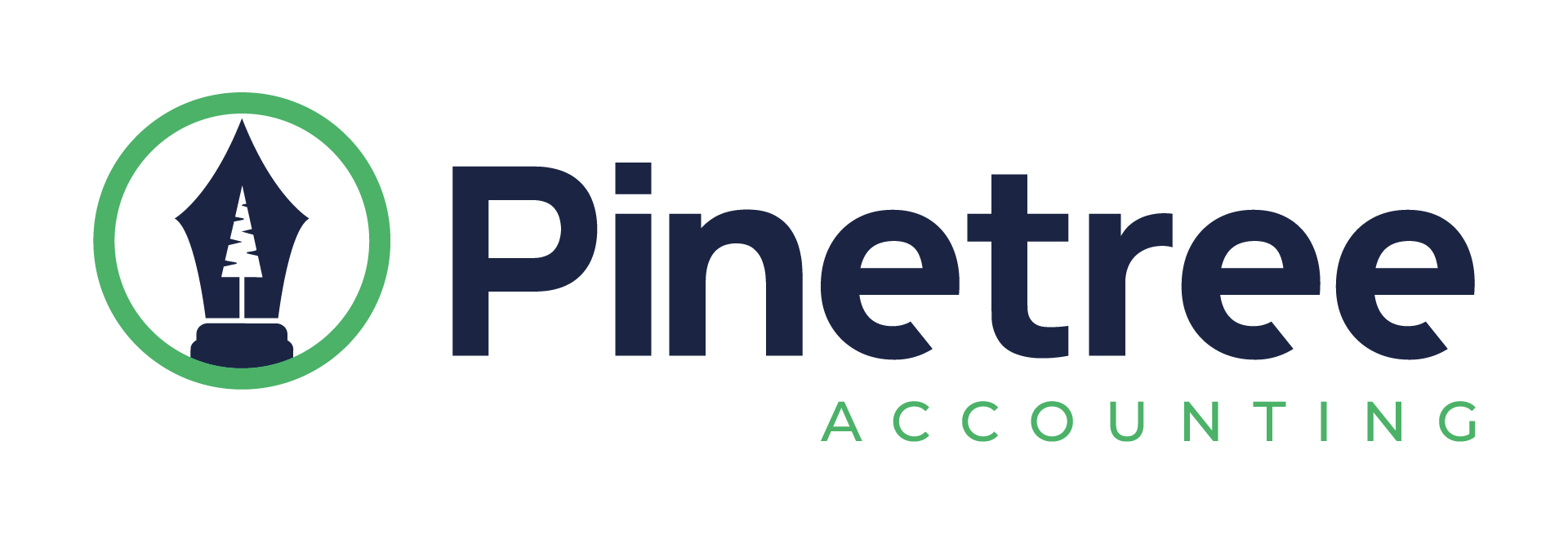Entrepreneurship is seemingly almost a part of the culture here in Hong Kong. Among this talented group of small business owners and operators, it’s common practice for many of these HK Entrepreneurs to do their own accounting. However, if you’re not familiar with accounting and Hong Kong taxation law, it can be easy to make mistakes that could cost your business, and you, in the long run.
DIY accounting is a very common term used in the business world. The definition of this term is “Do It Yourself” accounting. This means that you are going to be doing all your own accounting work yourself without any help from an accountant or bookkeeper.
Most companies understand that accounting is crucial for effective management and strategic planning, as well as compliance with Hong Kong’s tax filing requirements. It doesn’t matter if your business is just starting out or has been around for many years, you have to get this important part of your business right.
When you’re starting out, DIY bookkeeping can seem like a no-brainer. You don’t need to hire an expensive accountant, right? You just need to keep track of your business finances and pay your bills. Everything should go smooth right?
But there are some things you may not know about doing your own books — and some things you should know before you decide to take on the task yourself.
This article will discuss some of these options so that you can decide which one will work best for your needs.
Here are some pros and cons of HK DIY Accounting:
Pros of DIY Bookkeeping
1 – You Can Save Money On Hong Kong Accounting Services By Doing It Yourself
When you outsource bookkeeping services, it goes without saying that there is a fee associated with that professional accounting service. In some cases, these fees can be quite high and can eat into profits if not managed properly.
When you hire someone on an hourly basis or pay per month, there is always a risk that costs could increase unexpectedly due to increases in labor rates or other factors outside of your control. With an in-house accounting department, there are no hidden fees or costs associated with outsourcing this aspect of running your business—it’s all included in their salary or hourly rate which means no surprises!
2 – You’ll Get Better Understanding Of Your Business’ Finances
If you’re like most small business owners, you may not have the time or expertise to do your own bookkeeping. If you decide to outsource this work, it’s important to find someone who can provide the level of service you need at a price you can afford.
However, there is another option that doesn’t require hiring a full-time accountant and may be less expensive than hiring a professional bookkeeper: Do it yourself!
Most small businesses don’t need an accountant, but they do need someone who can take care of their books — whether that’s on a part-time or full-time basis. And while many business owners are happy to pay someone else to handle their bookkeeping needs, others prefer doing it themselves as a way to save money and learn more about their business’ finances.
3 – You’ll Have More Time To Focus On Growing Your Business
If you’ve ever had an accountant or bookkeeper do your books for you, then you know how much time it can take. You probably also know that this can be a huge drain on your time and energy.
When you’re in charge of doing your own bookkeeping, you’ll have more time to focus on what’s most important: growing your business. And since you won’t have to spend as much time doing paperwork, you’ll be able to find new customers faster and make more sales.
You’ll also get better insights into where your money is going, which will help you make better decisions about where to spend it next month or next year.
4 – You’ll Have Better Control Over Your Financial Data
One of the Pros of DIY Bookkeeping for Your Business is that You’ll have better control over your financial data. If you hire someone else to do your bookkeeping, they will have access to all of your financial information and could misuse it if they wanted to — or even if they didn’t mean to. If you do it yourself, however, then there’s no chance that you’ll lose control over that information. Not only does this give you peace of mind, but it also gives you more power over how things are done within your company as well!
Cons of DIY Accounting:
1 – You Don’t Know What You Don’t Know!
If you’re not familiar with accounting practices, it’s very challenging to keep track of your business finances on your own. This can be especially problematic if something goes wrong with your books and it takes longer than expected to fix them — or if they never get fixed at all because no one knows where to start looking for problems.
When financial records are kept incorrectly, taxes could be paid late or even incorrectly — which means penalties and interest charges on top of any other penalties or fees that may apply. The same goes for filing taxes on time as well — if they aren’t filed correctly, it could lead to audits by government agencies or even legal action against your business by customers who feel wronged.
2 – Time Is Money
Your time is valuable, especially if you’re working full-time and running a business on the side. Bookkeeping can eat up hours each month that could be spent growing your business or making more money for yourself and your family.
If you hire someone else to do the job — either part-time or full-time — then you’ll be able to focus on what really matters most: growing your business and making money!
3 – Accuracy Matters
DIY bookkeeping can be inaccurate if done incorrectly or inconsistently. This can lead to some serious problems down the road if you don’t know what’s going on with your finances.
For example, if your income numbers are off because of inaccurate records, then you might miss out on deductions or tax credits that could help lower your tax bill each year — costing you money instead of saving it!
If you’re doing the bookkeeping yourself, there’s no guarantee that it will be 100% accurate all of the time.
Mistakes happen when paperwork isn’t organized properly or data is entered incorrectly into software applications like QuickBooks or Xero. A professional accountant will always follow strict rules for keeping records straight and ensuring accuracy every step of the way.
4 – You Won’t Get Any Help With Tax Planning Or Filing
Tax laws change constantly and can be incredibly confusing; even seasoned accountants sometimes struggle with them!
So it’s important for small businesses to have access to professional tax advice when preparing their taxes each year — something that DIY accounting lacks because there isn’t always enough time (or money) available for it during busy seasons like tax season.
DIY accounting has both its advantages and disadvantages. When making a decision between hiring a professional or just doing it yourself, you should be taking into account your particular business and industry, as well as your personal needs and time.
When starting a business, you might find it easier to do your own accounting, but as your business grows, it would be best to look into professional accounting services such as those offered by us at Pinetree.
If you need to know more, you may contact me at vinod@pinetree.hk, call us on +852 3529 2328 or visit our website www.pinetree.hk to find out more about Pinetree Accounting Services or Sun Secretarial.





